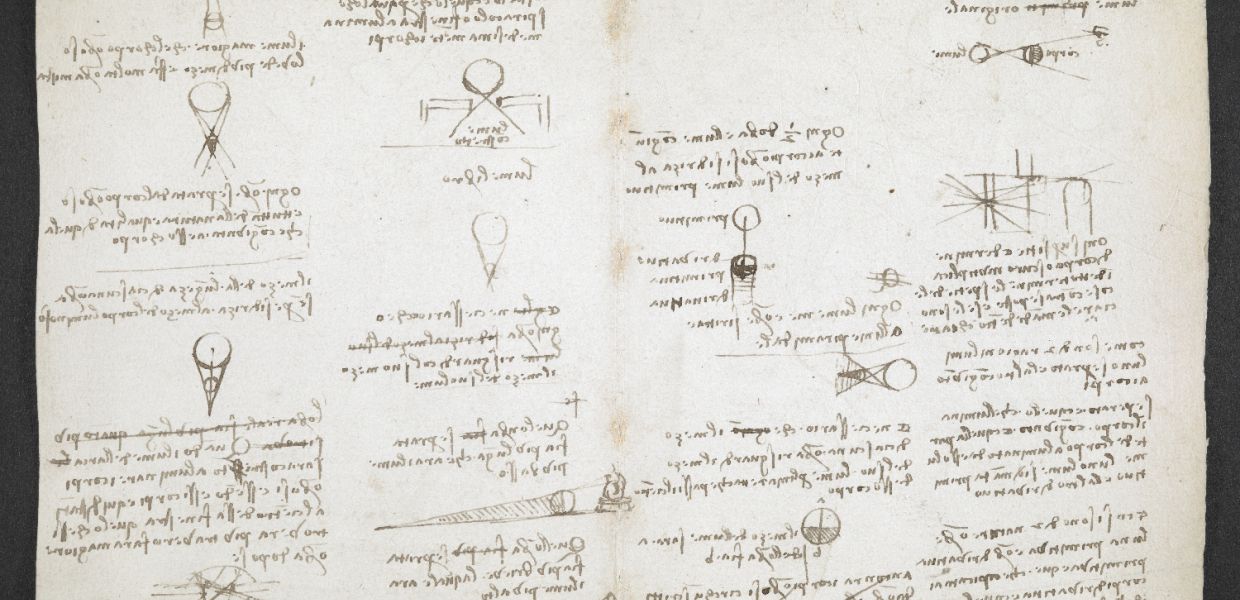A ENA Task Force has been set up with the aim of increasing the inclusion of 3D cultural heritage in Europeana Collections and to make it available for use in education, research and in the creative industries. The expected outcomes are 1. Development of guidance and FAQs for 3D creators and cultural heritage institutions on publishing 3D media online in the context of Europeana and its users. 2. Identify viewers and 3D media formats recommended for support in Europeana Collections, and means of linking and embedding 3D content for Europeana and Europeana aggregators. 3. Development of the Europeana Publishing Framework to provide guidelines for 3D objects at each tier.
Artificial Intelligence in the Europeana context
The objective of this activity is to do a horizon-scanning exercise and to start investigating the expected role and impact of AI in the digital cultural heritage domain. The expected outcomes of this activity will be an Initiation Document (position paper/white paper) that will collect use cases and set the pointers for future work, e.g. dedicated TF proposal, pilots, etc.
A ENA Task Force has been set up with the aim of fostering interoperability across the applications and projects in the Europeana context that produce, publish and/or consume annotations and user sets, by maturing the specifications that are used in the process, notably in terms of data models and APIs. The expected outcomes are: 1. Identify relevant cases for annotations and user sets coming from different projects. Identify different categories of annotations in scope, what types of requirements these annotations need to answer. 2. Formalise best practices and specifications to make the data interoperable, focusing on existing EDM profiles for annotations and user sets and APIs.
Implementation of EPF 2.0
Data quality remains a central issue for Europeana. Identification of tools, examples, etc, is needed to help data providers better understand how to implement the EPF guidelines. The expected outcome of this activity is a position paper to create deeper understanding of the options and workflow parameters for the implementation of the metadata quality requirements of the EPF 2.0. Once this is better understood, awareness-raising activities could be developed for data providers and aggregators. This can be done in partnership with relevant experts from the Europeana Aggregators' Forum, the Data Quality Committee, Europeana Common Culture and other Generic Services projects.
All of these activities will investigate potential for synergies and collaborations for planning, running and delivering other projects and programmes within (and when relevant, outside) the Europeana context.
The EuropeanaTech steering group will also try to keep an overview of different (research)projects, programmes and more specialised communities and encourage them to share knowledge and results within the community.

